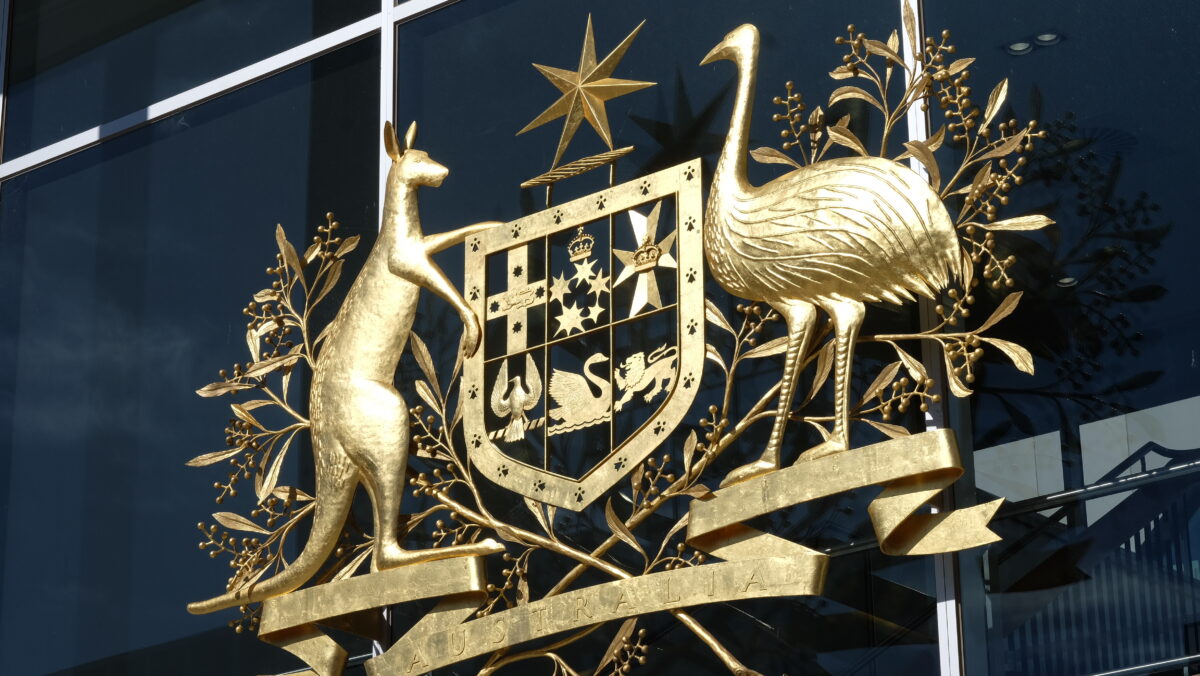The Fair Work Commission is currently undertaking the annual review of the minimum wage.
Each year, the Commission revises the minimum wages that are paid to workers under industrial awards and enterprise agreements. The commission reviews minimum wages in modern awards and transitional instruments and the national minimum wage order from the previous annual wage review.
A component of the review is research from a body comprising the economic analysis team and representatives from the Australian Chamber of Commerce and Industry, the Australian Industry Group, the Australian Council of Social Service, the Australian Council of Trade Unions, the Australian Government and state and territory governments. The panel is also open to submissions from “all interested organisations and individuals”.
The industrial awards and enterprise agreements use the minimum wage as a basis to calculate wage increases and payment levels for employees. Currently, about 23% of Australian workers are paid the minimum wage set out in their respective industrial award.
In last year’s review, which took effect on July 1 2023, the minimum wage for workers 21 years and older was fixed at $23.23. For casual workers, with the 25% casual loading, this works out to $29.04 an hour.
This year’s review has the federal government asking the industrial tribunal to ensure “the real wages of Australia’s low-paid workers do not go backwards.”
The government has stressed “that wages should automatically increase with inflation across-the-board” in every case. However, they have also states that an increase to wages close to the rate of inflation is necessary to preserve living standards undermined by the ongoing cost of living crisis.
Employers, on the other hand, are calling for restraint with the Australian Chamber of Commerce and Industry asking for a maximum increase of 2 percent (or about $0.46).
The Chamber argued that slow productivity growth, slowing private sector investment in the economy, and high wages growth over recent years justifies their much lower-than-inflation proposal. To go much further would, in their view, “disincentive enterprise bargaining [by businesses for above-minimum wages] and continue to weigh on productivity”.
In stark contrast, the Victorian state government has requested that the Commission “consider a substantial increase” in their submission.
Such an increase, Victoria argued, is necessary to “support workers in dealing with ongoing cost of living pressures” and reduce “historical [and] structural inequities” in sectors dominated by women such as health care, hospitality and aged care workers.
This position is supported by the Australian Council of Trade Unions, who argued in their submission for a minimum 5% increase to the minimum wage, which would be an increase to about $24.40 for ongoing workers or $30.49 for casuals.
The Council points out that although there has been strong wage growth on a nominal basis in the past few years, this growth has been wiped out on real terms by high price inflation for essential goods. The Council argues that record profits in many sectors in recent years show that businesses can afford a higher pay rise.
The Commission’s final decision will be made in June to come into effect by July 1.
We acknowledge the Ngunnawal and Ngambri people, who are the Traditional Custodians of the land on which Woroni, Woroni Radio and Woroni TV are created, edited, published, printed and distributed. We pay our respects to Elders past and present. We acknowledge that the name Woroni was taken from the Wadi Wadi Nation without permission, and we are striving to do better for future reconciliation.
